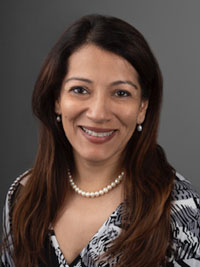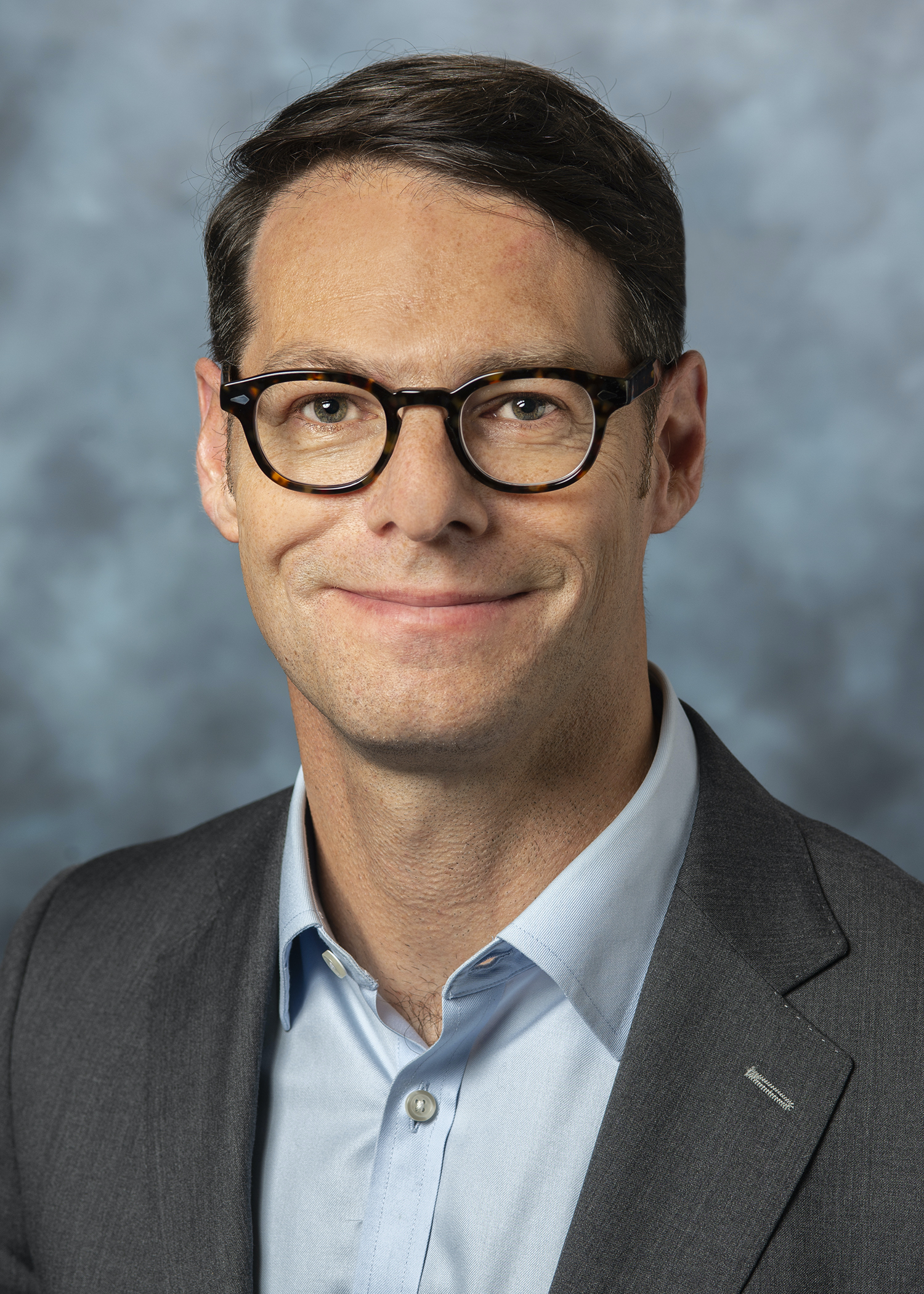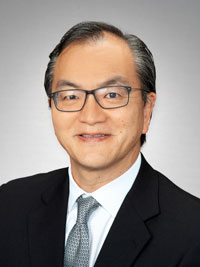Duty of Care of Anesthesiologists and the Health Care Climate in the USBy Ted (Tetsuro) Sakai, MD, PhD, MHA, FASA It is imperative for physicians to uphold the highest ethical standards, provide care in emergencies, respect patient autonomy, and not discriminate. They also have a duty to inform patients of services that cannot be provided due to personal beliefs before establishing a patient-physician relationship. This panel discussed the role of ethical care and duties of Anesthesiologists in a morally disruptive healthcare environment. As part of the AUA webinar series, on Wednesday, 9th April 2025, the AUA Leadership Advisory Board webinar took place virtually. This was titled ‘Duty of Care of Anesthesiologists and the Health Care Climate in the US’. It was moderated by Ted Sakai, MD, PhD, MHA, FASA, and the presenters included Shahla Siddiqui, MD, MSc, FCCM, Michael Nurok, MBChB, PhD, FCCM, and Allison Lee, MD, MS. Dr. Siddiqui presented on the issues of conscience and the professional code of practice. Her presentation explored the complex ethical tensions that arise when a physician’s duty of care comes into conflict with personal conscience, particularly in today’s shifting legal, societal, and institutional environments. Dr. Siddiqui discussed how anesthesiologists—and physicians more broadly—have faced increasing challenges related to moral injury, conscientious objection, and patient autonomy, while still upholding core professional obligations. Drawing on AMA and ASA ethical principles, she examined real-world clinical cases involving value-based conflicts and offered practical strategies for maintaining moral integrity without compromising patient access to care. Dr. Siddiqui emphasized the importance of institutional policies that respect providers’ deeply held beliefs while ensuring continuity and equity in patient services. Her talk encouraged reflection on how clinicians can ethically navigate the evolving demands of modern medical practice. Dr. Nurok gave a presentation on access to care during a public health emergency, using the COVID pandemic as an example. The ethical principles underlying care during routine operating conditions were compared with the utilitarian principles used during a crisis aimed at ensuring available resources are used to achieve the greatest good. Relying on this framework, in France, the health system distributed critically ill patients needing ICU beds over the entire network of hospitals, thereby balancing loads and preventing the need to use surge capacity. In the US, inundated hospitals did not have the same ability access capacity in other hospitals and as a result, crisis standards were adopted and patients often received care under degraded conditions. These policies remain in place even though they have been shown to be biased and unable to fairly allocate resources. Dr. Lee’s session addressed the urgent need to confront incivility, gender harassment, and burnout in anesthesiology—issues that not only harm individuals but threaten the future of our specialty. Drawing on the 2022 AAMC publication reporting that women in anesthesiology experience some of the highest rates of harassment, she discussed findings from a survey study by AUA members, Hastie et al in Anesth Analg (2025),1 which examined the scope and impact of sexual harassment in academic settings. It was emphasized how such behaviors erode psychological safety, impair teamwork, and contribute to burnout, especially in perioperative environments already strained by high acuity cases. In a competitive salary landscape, these challenges fuel attrition from academia, making it even more critical to act. Dr. Lee highlighted the ASA’s “Statement on Harassment, Incivility and Disrespect” and shared strategies—at institutional and individual levels—to build respectful, inclusive, and supportive work environments that retain and uplift our workforce. Reference
Author
|





